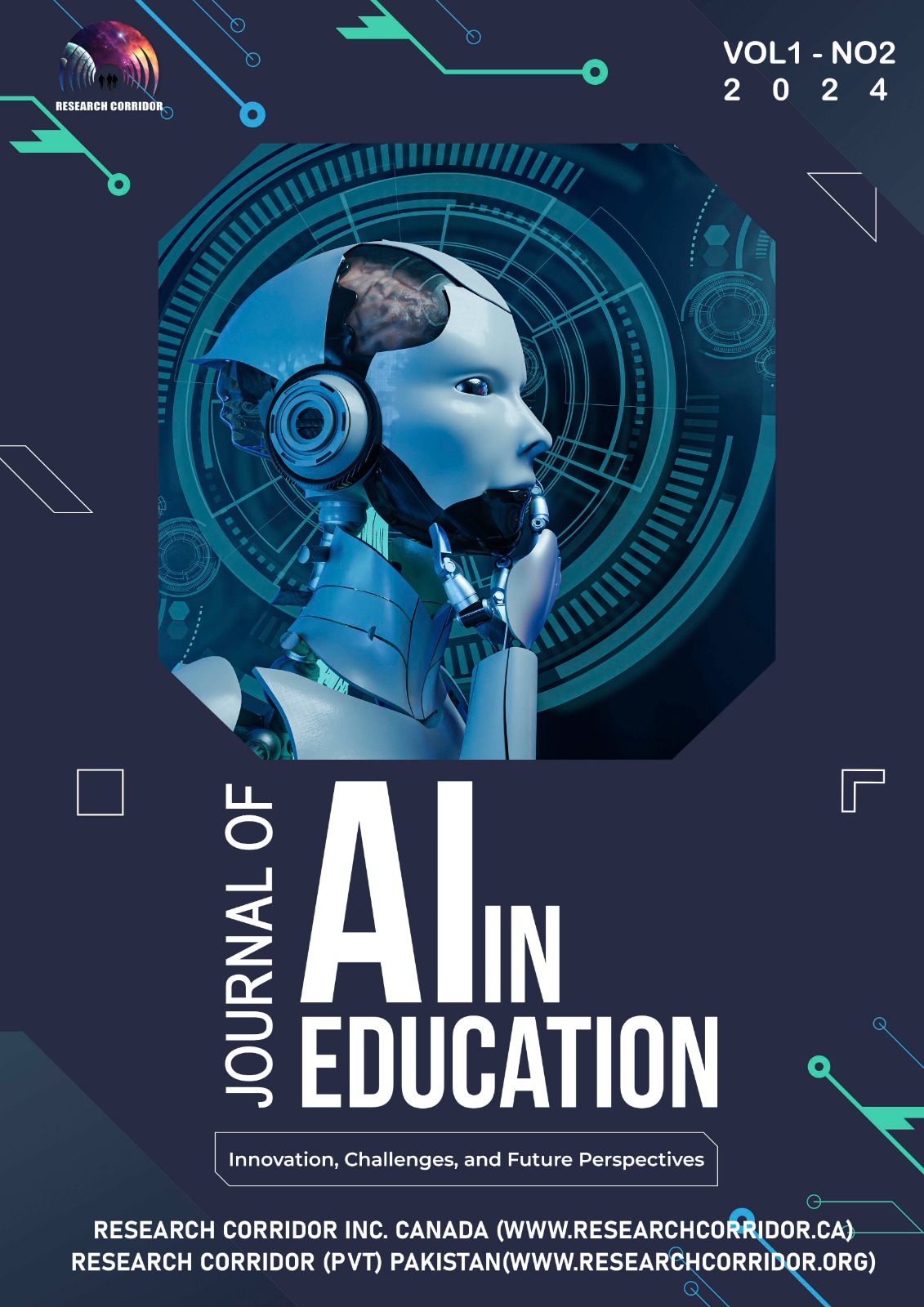The Digital Divide and AI in Education: Addressing Equity and Accessibility
Keywords:
Artificial Intelligence in education, digital divide, equity in education, AI accessibility, educational technology, personalized learning, adaptive learning, inclusive AI, AI ethics, digital infrastructure.Abstract
The integration of Artificial Intelligence (AI) in education has the potential to revolutionize learning experiences, enhance personalized instruction, and optimize administrative efficiency. However, the digital divide remains a significant challenge, exacerbating disparities in access to AI-driven educational tools. Socioeconomic inequalities, geographical limitations, and infrastructural gaps hinder equal opportunities for learners, particularly in developing regions. AI-powered educational technologies, such as adaptive learning systems, intelligent tutoring, and automated assessment tools, can bridge learning gaps, but their effectiveness is contingent on accessibility. Addressing this disparity requires strategic policies, investment in digital infrastructure, and inclusive AI models that consider linguistic and cultural diversity. Governments, educational institutions, and technology developers must collaborate to ensure equitable AI deployment in education. This paper explores the intersection of AI and the digital divide, highlighting the necessity of ethical AI frameworks, affordability initiatives, and teacher training programs to maximize the benefits of AI-enhanced education. The discussion also emphasizes the role of open-source AI models and public-private partnerships in fostering accessibility. By mitigating digital inequities, AI can serve as a catalyst for inclusive and quality education, aligning with global educational goals such as the United Nations Sustainable Development Goal 4 (SDG 4). Ensuring that AI-driven educational advancements benefit all learners equitably is imperative for fostering a more just and knowledge-driven society.





